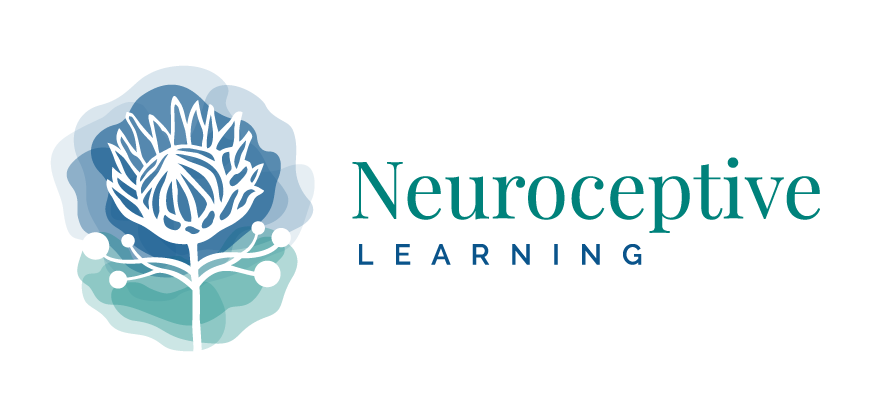A Journey to Post-Traumatic Growth
Adverse Childhood Experiences (ACEs) can lead to the development of Complex PTSD (C-PTSD) and subconscious survival adaptation strategies. While these adaptations are essential for coping during childhood, they can significantly impact our physical health and influence our way of being, including our behaviour, relationships, and happiness, hindering our potential and success in later life.
Sigmund Freud, often regarded as the father of psychoanalysis, laid the groundwork for understanding the human mind in the 20th century. He identified various defence mechanisms—unconscious strategies the ego uses to manage anxiety and internal conflicts. He viewed these survival adaptations as disorders of the mind and used top-down psychoanalytic therapy to address these ailments of our unconscious mind.
However, his contemporaries, Roberto Assagioli and Wilhelm Reich, recognised the limitations of Freud’s psychoanalysis, particularly its focus on the cognitive mind and the unconscious. They initiated a paradigm shift towards more integrative and systemic approaches that encompass the body, emotions, mind, and spirit.
Wilhelm Reich, the founder of somatic psychotherapies, developed the concept of character structures, which describe how adaptive survival patterns are held as defensive armouring within our bodies. He laid the foundation for many body-oriented psychotherapy modalities that focus on addressing these unconscious patterns through bottom-up approaches rather than solely relying on cognitive talk therapy.
Roberto Assagioli, the founder of Psychosynthesis, referred to these adaptive survival patterns as sub-personalities. Unlike Freud, who was primarily concerned with the “basement” of the human psyche, Assagioli sought to explore the entire “building” of human experience. He emphasised the importance of aligning our will with our true self, or soul, rather than allowing it to be governed by these sub-personalities, which keep us anchored in fear and past traumas.
Assagioli drew from many modalities to expand on our ontology. He maintained that our psyche is more than our sub-personalities, body, mind, and emotions; we also have a soul or true Self that connects us to universal consciousness. His famous quote is:
“We are not only a basement, but a whole house. We try to build an elevator that will allow a person access to every level of his personality… Our concern is the synthesis of all areas of the personality.“
Psychosynthesis is therefore not only concerned with managing psychological disorders but also with fostering personal growth and spiritual development. Thus, traumatic events are seen as opportunities on the path to post-traumatic growth.
Over the years, Psychosynthesis has also incorporated principles of other psychologies, such as systemic, Gestalt, and Arnold Beisser’s Paradoxical Theory of Change, which states that “Change happens when a person becomes what they are.“
Psychosynthesis views transformation as a combination of a goal to change and awareness of different facets of our ontology or way of being: our doing, being, becoming, and belonging. Our goal or will to change is either governed by fear and survival patterns of our past or motivated by our true Self and the values of our soul.
Life is, therefore, a series of polarities encapsulated in the main polarity of the movement towards universal consciousness and the true Self, and the movement towards our earthly existence and sub-personalities – evolution and involution.
Transformation occurs through awareness of our will, ontology, ontogeny, and movement between these polarities.
Modern Interdisciplinary Approaches and Post-Traumatic Growth
Modern Psychosynthesis extends beyond therapy into personal development, executive leadership, and coaching. Renowned executive coach Sir John Whitmore, a pioneer in workplace coaching and co-creator of the GROW model, integrated Psychosynthesis into his approach to leadership coaching. In his book Coaching for Performance, Whitmore emphasised reframing life as a developmental journey, seeing obstacles as opportunities for growth, and recognising the importance of aligning with one’s higher purpose. He introduces the concept of post-traumatic growth – the positive psychological change that can occur after a life crisis or traumatic event.
Roger Evans, co-founder of the Psychosynthesis Institute and author of The Five Dimensions of Leadership (2019), further synthesised this into five critical dimensions of leadership:
– Self-awareness
– Awareness of the other
– Awareness of the system
– Individual will and freedom to choose and act
– Vulnerability: The ability to ask for help and show vulnerability as a leader.
Vulnerability is also at the heart of Polyvagal Theory (PVT); our neuroception evaluates whether we can trust and be near others. It allows for the down-regulation of protective reactions to enable connection responses and psychological safety. When we have healthy neuroception and are regulated, we connect to the Self – our values and universal consciousness. Our will can be free to choose, and we have agency – we have self-leadership.
From a PVT perspective, a regulated nervous system supports and enables the five dimensions of leadership. Thus, real leadership starts with self-leadership and providing psychologically safe environments in which group members’ self-leadership can unfold.
The Emerging Fifth Wave: Ecopsychology
As psychology continues to evolve, a new wave known as Ecopsychology is emerging. This fifth wave aims to address the multiple crises of our time by fostering a deeper connection between individuals, society, and the natural world. It builds on the foundations laid by humanistic and transpersonal psychologies, which Assagioli helped to develop. In this context, combining Psychosynthesis with PVT offers a comprehensive framework for navigating the challenges of our modern world, promoting personal, collective, and universal well-being.
Psychosynthesis, with its holistic and integrative approach, represents a significant evolution in psychology. By addressing the full spectrum of human experience – body, mind, emotions, and spirit – it provides a powerful tool for personal growth, healing, and leadership.
When combined with the insights of Polyvagal Theory, Psychosynthesis offers a profound understanding of how we can regulate our nervous systems, connect with others, and live authentically in alignment with our true values and purpose. As we face the complexities of our modern world, this integrated approach offers a path towards greater psychological safety, well-being, and fulfilment.
At Neuroceptive Learning, we invite you to join us on this transformative journey towards a psychologically safe world where you can thrive and live authentically.
Let us guide you in restoring your inner balance and achieving the well-being you deserve.


